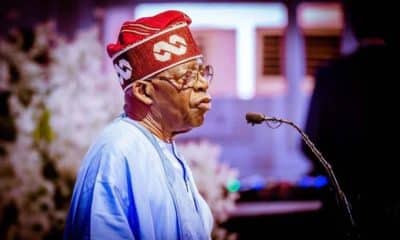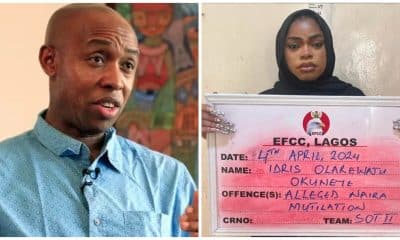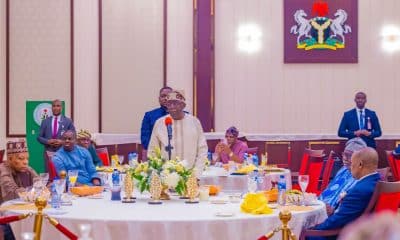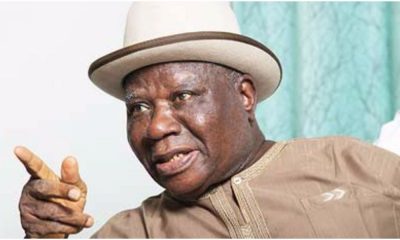Nigeria News
Nigeria’s Judiciary No Longer Hope Of Common Man – Odinkalu
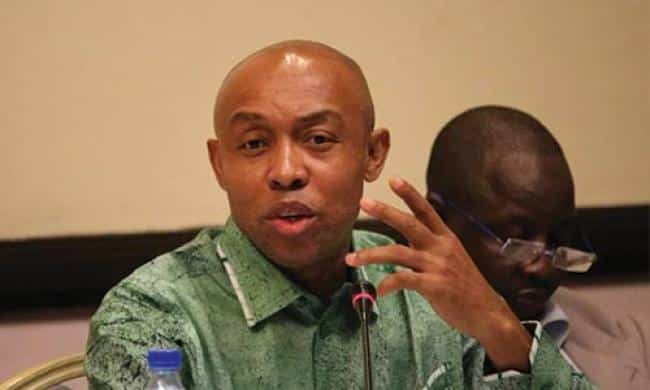
The former Chairman of the National Human Rights Commission (NHRC), Chidi Odinkalu, has said the country’s judiciary can no longer be described as the hope of the common man.
The Nigerian human rights activist stated that the rot in the Nigerian judiciary started years ago and has gotten to the country’s Supreme Court, which calls for serious concern.
Odinkalu stressed corruption in the Judiciary is very bad, given a recent speech by retired Justice of the apex court, Dattijo Muhammad.
He wrote: “If corruption has got up to the Supreme Court, you have to acknowledge that if you have a Judiciary in which Judges of the Supreme Court are saying that the Supreme Court itself is a problem, then you have a credible problem. It can no longer be described as the last hope of the common man. We have to address it.
“What the retired Supreme Court Judge Dattijo Muhammad said reflects a trend that was fully documented, and the timeline reflected the history of remarks by retiring Justices of the Supreme Court over the last twenty years.”
Odinalu, therefore, stated that some good men and women can serve on the bench today and are not confined to the sons, daughters and mistresses of Judges and politicians.
He said: “There are good men and good women; these good men and women are not confined to the sons, daughters and mistresses of Judges and politicians. That is the problem. Look around today. The sixteen Senior Advocates of Nigeria in Kogi State are asking that appointments to the bench be suspended because the Governor, they allege, wants to make his wife a High Court Judge.
Every senior politician wants the person in their bedroom and family member to become a High Court Judge. How do you run a country like that? Honest people don’t even get a chance to be considered.
People who are decent, successful, and intelligent no longer have an opportunity to be considered; if they don’t have people from their political class making the appointments, that is the problem.”

